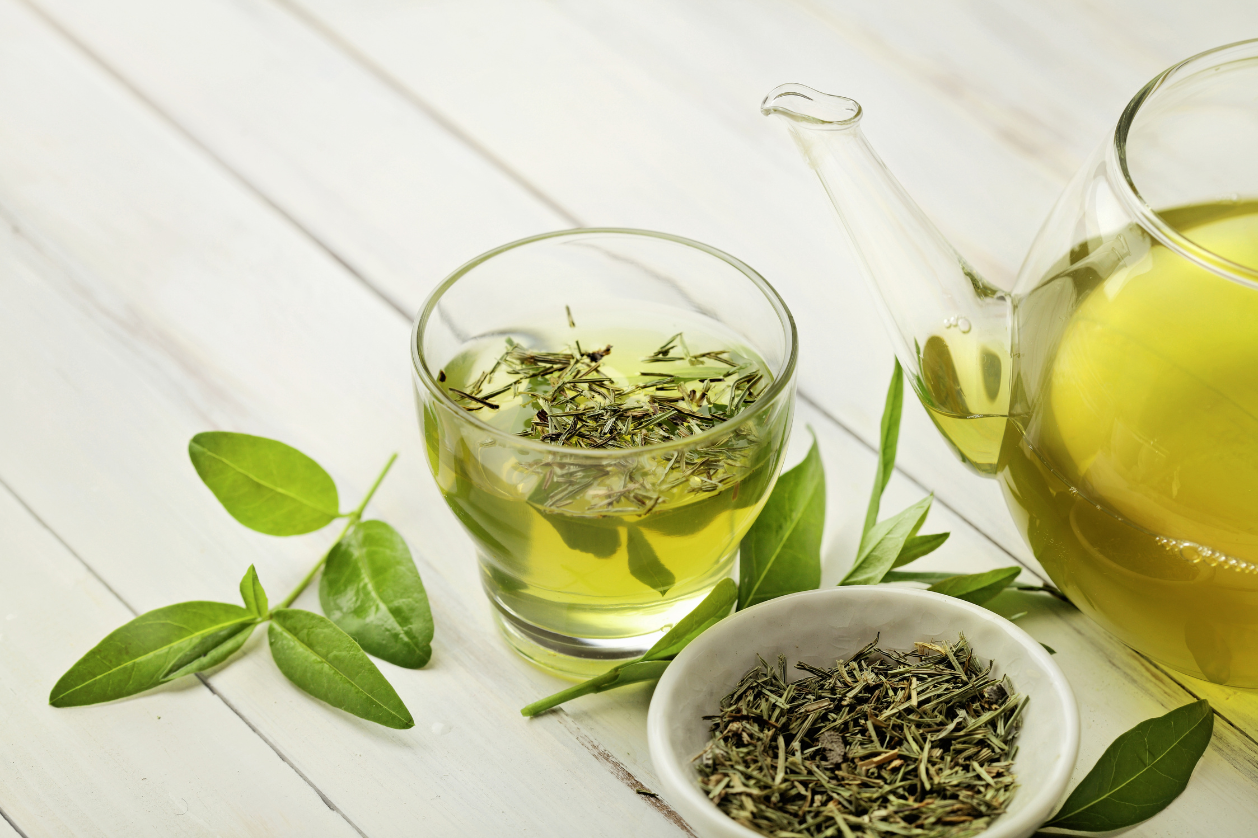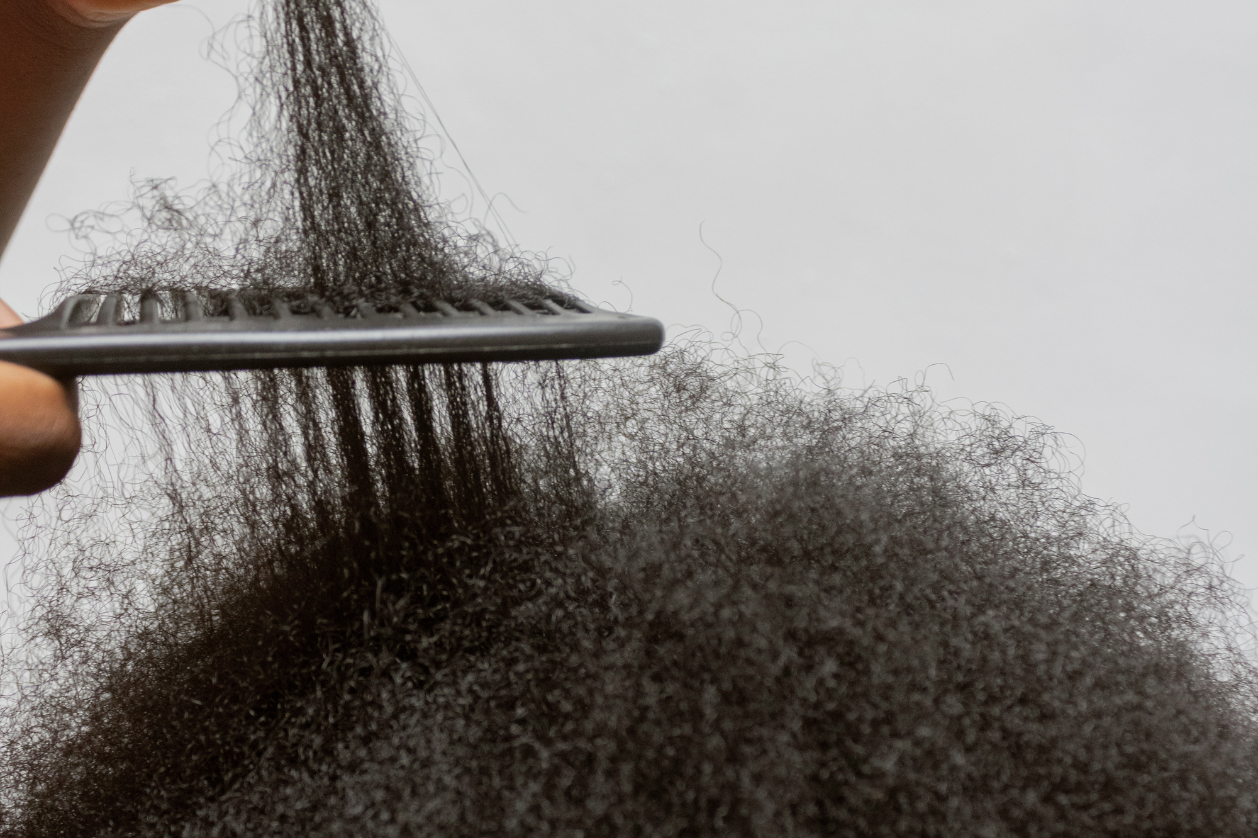The Ultimate Guide to Hormonal Hair Changes
Ever notice your hair feels amazing one week but dry or flat the next — even when you’re using the same products? You’re not imagining it. Your hormones could be the reason your curls, coils, or waves seem to change moods from month to month.
Hormones are your body’s messengers. They control everything from your energy and mood to how your hair grows, sheds, and holds moisture. Once you understand what’s happening beneath the surface, you can work with your body, not against it — and keep your hair looking and feeling its best through every phase.
🧬 The Hormones Behind Your Hair
Estrogen: The Moisture-Lover
Estrogen is the ultimate “hair-friendly” hormone. When levels are high, your hair feels softer, stronger, and more hydrated because estrogen supports longer growth cycles and boosts circulation to your scalp.
When estrogen dips — like before your period or during perimenopause — you might notice dryness, breakage, or more shedding than usual.
Progesterone: The Balancer
Progesterone helps regulate oil production and keeps your scalp from becoming too oily or too dry. But when this hormone spikes (especially in the second half of your cycle), it can trigger excess oil buildup that throws off your scalp’s balance.
Cortisol: The Stress Hormone
When you’re stressed, cortisol levels rise. This can interrupt your hair’s growth cycle, leaving you with more shedding or dryness. Stress doesn’t just affect your mood — it can also affect your moisture levels.
Androgens: The Wild Cards
Androgens like testosterone are present in everyone, but when they rise too high, they can shrink hair follicles and increase shedding. This is why some women notice thinning during hormonal imbalance, PCOS, or postpartum changes.
🧩 But Wait—If Hair Is Dead, How Can Hormones Affect It?
That’s a great question! It’s true — once hair grows out of your scalp, it’s technically “dead.” It doesn’t have nerves or blood flow, so hormones can’t directly change the strand itself.
But here’s what they can do:
- Affect your scalp and follicles. Estrogen and other hormones act on your living hair follicles under the scalp. When estrogen is high, follicles get more blood flow and nutrients, helping new hair grow stronger and more hydrated. When estrogen dips, growth slows and strands may come in finer or feel drier over time.
- Change oil (sebum) production. Your scalp’s natural oils coat your strands. Balanced hormones = balanced oils = softer, smoother hair. When hormones fluctuate, your scalp may produce too much or too little oil, making your hair feel rough, limp, or dry.
-
Impact hydration and stress levels. Hormones like estrogen and cortisol affect your body’s hydration and circulation, which trickles down to your scalp and the way your hair behaves.
So while hormones don’t touch the hair that’s already grown, they do shape the environment your new hair grows in — and that’s what changes how your hair looks and feels over time.
📅 Your Cycle and Your Curls
Hormones fluctuate naturally throughout the month, and your hair often follows their lead:
- Week 1 (Menstrual Phase): Estrogen and progesterone are low. Hair may feel dry, tangled, or more prone to breakage.
- Week 2 (Follicular Phase): Estrogen rises again, bringing moisture, softness, and better definition.
- Week 3 (Ovulation): Hormones peak — hair often looks and feels its best!
-
Week 4 (Luteal Phase): Progesterone increases and cortisol may rise — hello, frizz, dryness, or extra shedding.
If your hair feels “off” at certain times, it’s not your products — it’s your hormones doing their thing.
👶🏽 Other Hormonal Shifts That Change Hair
Postpartum
After pregnancy, estrogen drops sharply, which is why many women experience temporary shedding or dryness. It’s completely normal — your body is readjusting. Gentle, moisture-focused care helps your hair bounce back.
Perimenopause & Menopause
Lower estrogen levels during these stages can cause hair to grow more slowly or feel thinner. Focus on hydration, scalp stimulation, and strengthening products.
Stress, Sleep & Lifestyle
Chronic stress, poor sleep, and restrictive diets can all spike cortisol — one of the biggest culprits behind dull, dry hair. Prioritize rest, balanced meals, and self-care to support your hormones and hair.
💆🏽♀️ How to Keep Your Hair Happy Through Hormonal Swings
-
Be consistent with moisture.
Even when your hair feels good, don’t skip your leave-ins or deep conditioners. Consistency keeps your hair hydrated through hormonal ups and downs. -
Show your scalp some love.
A healthy scalp is the foundation of healthy hair. Gentle scalp massages stimulate blood flow and help balance oil production. -
Manage stress from the inside out.
Meditation, movement, and rest are all forms of hair care. Lower stress = lower cortisol = happier hair. -
Feed your hair.
Nutrient-rich foods — think leafy greens, berries, and healthy fats — support both hormone balance and hair growth. Hydration matters too!
🍃 NLS Favorites to Keep Your Hair Balanced
At Nature’s Little Secret, our food-inspired goodies are made to keep your hair thriving through every hormonal phase:
- Banana Leave-In Conditioner – Perfect when your hair feels dry or brittle before your cycle. Banana and plant-based ingredients help soften and hydrate without heaviness.
- Herbal Hair & Scalp Oil – Calms dryness, shedding, or itchiness caused by stress or hormonal changes. Infused with rosemary and peppermint to nourish and refresh the scalp.
- Avocado Moisture Cream – A must for postpartum or perimenopausal hair. Avocado provides long-lasting hydration and helps improve manageability.
✨ No matter what your hormones are doing, NLS keeps your hair feeling soft, strong, and cared for.
💖 Final Thoughts: Listen to Your Hair and Your Body
Your hair tells a story — and your hormones are a part of it. Whether you’re on your period, postpartum, or approaching menopause, your body is constantly shifting to find balance.
Instead of fighting those changes, embrace them. With a little understanding (and the right NLS goodies), you can keep your hair hydrated, healthy, and thriving through every hormonal high and low.



